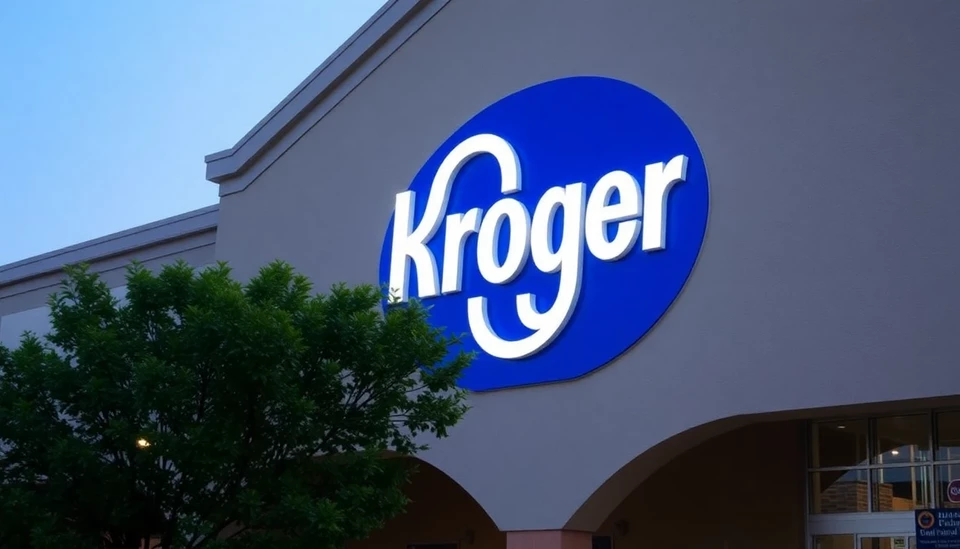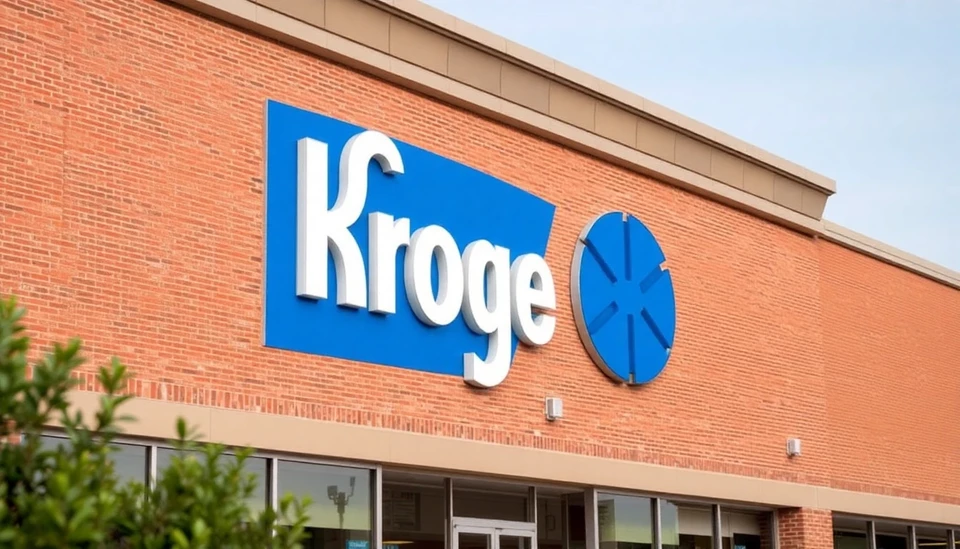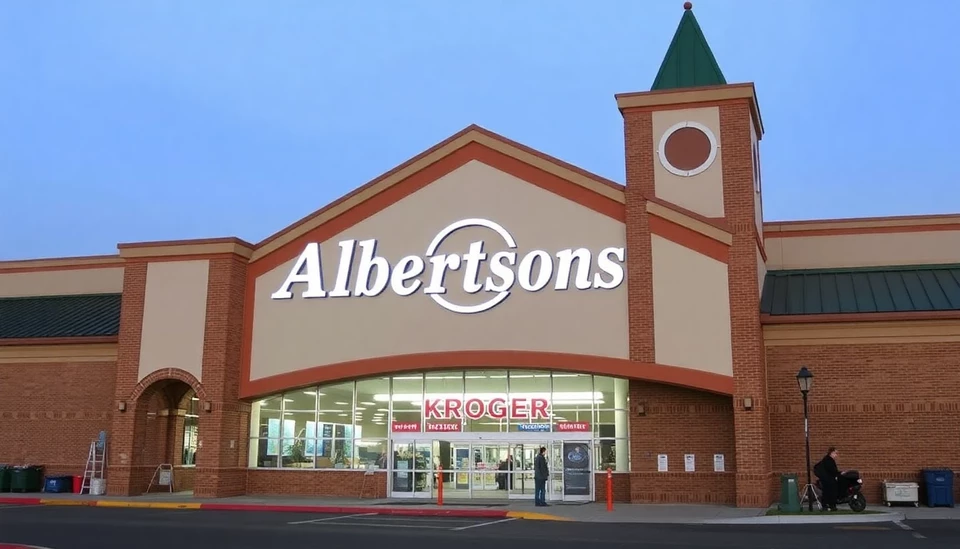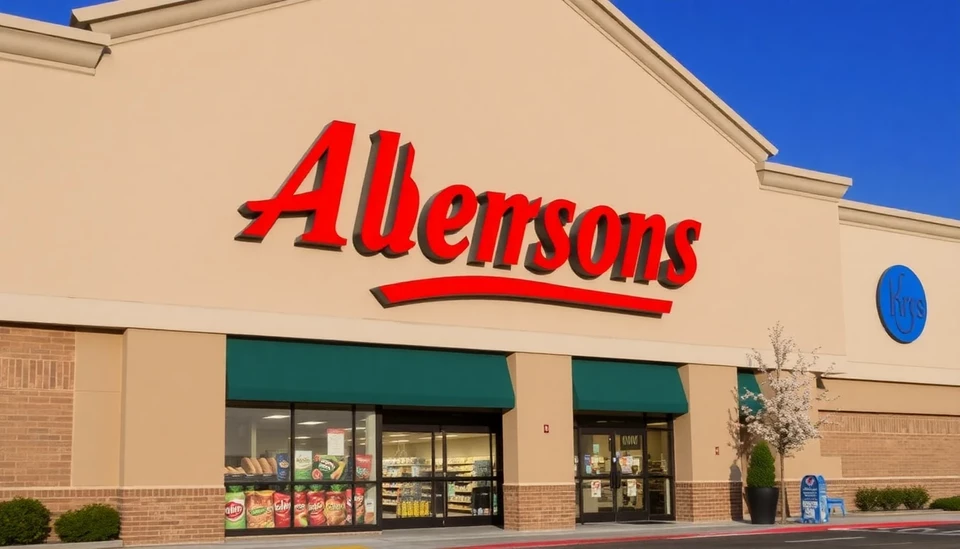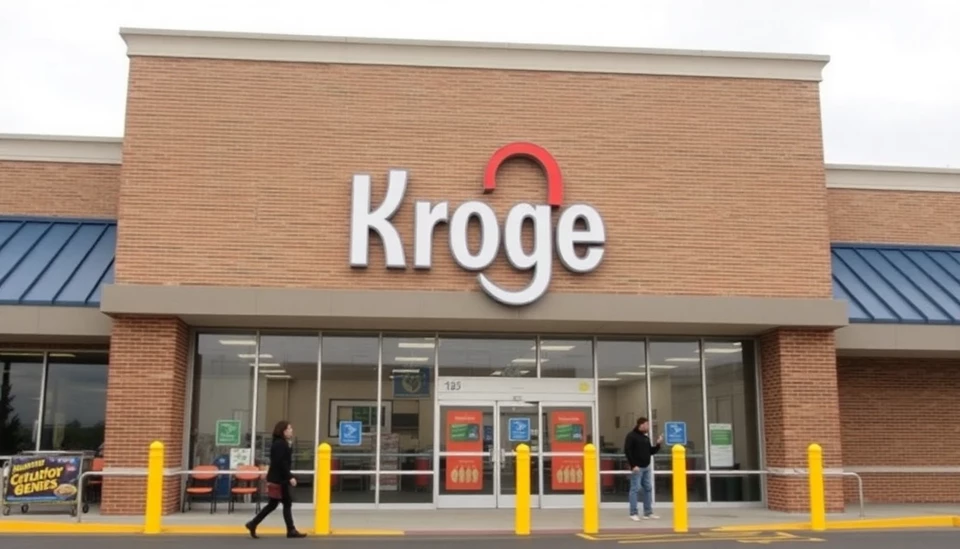
Kroger, one of the largest supermarket chains in the United States, is currently embroiled in a legal battle with its rival, Albertsons, stemming from their abandoned merger deal worth a staggering $24.6 billion. The litigation arises as Albertsons seeks to recover damages from Kroger, claiming that the latter's actions led to the deal collapsing, particularly due to regulatory challenges and scrutiny from the Federal Trade Commission (FTC).
The proposed merger was highly anticipated and aimed at consolidating the grocery market in the U.S., but it quickly hit significant roadblocks. Concerns regarding anti-competitive practices arose as both companies prepared to combine their operations, leading to intensified reviews by regulatory authorities who scrutinized the potential impact on consumers and market competition.
In a twist of events, Kroger announced its intention to withdraw from the merger agreement, which Albertsons assertively contested. Albertsons argues that Kroger's exit was not only premature but also damaging, as it compromised the potential benefits that the merger could have brought about, including greater efficiencies and improved grocery options for consumers in a competitive landscape. Legal experts suggest that this lawsuit may set precedents for how large mergers in the retail sector are negotiated and canceled in the future.
The repercussions of this legal skirmish could reverberate beyond just the two companies involved. Analysts speculate that the outcome may influence public perception of future mergers and acquisitions within the grocery sector, particularly as consumers remain vigilant about the implications of such significant consolidation. The grocery industry, already marked by fierce competition and evolving consumer preferences, might face additional challenges if the courtroom drama unfolds over a protracted period.
Kroger's spokesperson indicated that the company is prepared to vigorously defend against Albertsons' claims, asserting that the decision to end the merger was a necessary one after careful consideration of the regulatory landscape. Meanwhile, Albertsons has expressed confidence in its legal position, believing it will prevail in court.
As both companies brace for what could be a lengthy legal process, the grocery industry and its consumers will undoubtedly be watching closely. The implications of this lawsuit extend beyond the immediate financial concerns, potentially reshaping how mergers and acquisitions are approached within the sector moving forward.
In light of the legal challenges, market analysts are keeping a keen eye on how Kroger and Albertsons adapt their business strategies in response to the changing circumstances. The outcomes of this suit could either reinforce or challenge the current trends in grocery retail, prompting companies to reconsider merger strategies in the face of increasing regulatory resistance.
The ongoing situation highlights the complexities of corporate mergers and acquisitions, particularly in industries where competition and consumer choice are paramount. As Kroger and Albertsons gear up for legal proceedings, the case serves as a critical reminder of the legal, economic, and social dynamics at play in modern business practices.
As the suit progresses, updates will undoubtedly emerge, shaping the narrative of one of the most significant corporate sagas in the grocery industry in recent times.
#Kroger #Albertsons #Merger #LegalBattle #FTC #GroceryIndustry #RetailNews #CorporateLaw
Author: Victoria Adams
